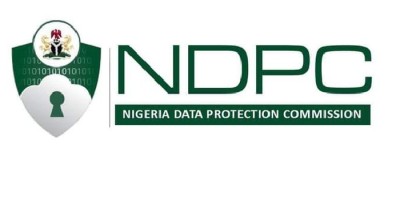- Home
- Grey Matter
- Fair Trade, Monopoly And Competitiveness: Appraising The Legal Rights Of Franchisees Against Parallel Imports In Nigeria
Fair Trade, Monopoly And Competitiveness: Appraising The Legal Rights Of Franchisees Against Parallel Imports In Nigeria
Posted on Thu 7 Apr 2016
- Download Resource
DAMAGE TO INTELLECTUAL PROPERTY RIGHT
In other to fully appreciate the nature of damage which parallel imports may cause to intellectual property, it will be instructive to take a look into how the concept is generally viewed. According to the World Intellectual Property Organisation (“WIPO”), “IP refers to creations of the mind, such as inventions; literary and artistic works; designs; and symbols, names and images used in commerce … IP is protected in law by, for example, patents, copyright and trademarks, which enable people to earn recognition or financial benefit from what they invent or create. By striking the right balance between the interests of innovators and the wider public interest, the IP system aims to foster an environment in which creativity and innovation can flourish”.
Intellectual Property laws create monopolistic rights in IPR owners in relation to the exploitation of their intellectual properties. IPR owners are however permitted to authorize other persons to participate in the exploitation of the IPRs and these authorizations may be limited geographically amongst other limitations. In the light of the above, parallel imports almost always result in reputational risk, loss of patent rights, breach of contract and economic interests of an IPR owner, or his licensee/franchisee.
As once argued by the International Trademark Association (“INTA”), “prices at which products are sold can vary from country to country for a great variety of legitimate reasons, among them differences in regulatory requirements, environmental standards, labor and material costs, and government subsidies and taxes. Parallel importers exploit these conditions by buying products in a market where they are relatively cheap and selling them where the price is higher… parallel importers have little or no incentive to maintain the goodwill of the mark and its ability to attract customers in the future. The parallel importer spends less time and effort to ensure the quality of the product and may provide little (if any) warranty or service”.
Again, “given the wide diversity of personal preferences among consumers and of environmental standards and conditions in unrelated cultures and economies, products with the same trademark often vary when produced for sale in different markets. For example, personal care or cleaning products sold for use in some countries are formulated to meet hard water conditions which do not exist in other countries. A brand of toothpaste in one country may taste different from the same brand sold in another country because the brand owner has researched local flavor preferences and tailored the product accordingly. Ingredients in motor oils need to be adjusted according to the climate in which they are intended to be sold”, argued INTA.
INTA further maintains that “price alone is not a consumer’s only concern when buying a product. The consumer relies on the trademark to identify specific goods or services that will meet certain expectations about the quality and characteristics of the product and the level of after-sales service. If these expectations are not met because a consumer receives a product intended for sale in another market, even if he or she has not been deceived in any way about the product, the consumer will be disappointed and will usually blame the trademark owner. Thus the trademark owner’s reputation is damaged and the brand value diminished”.













